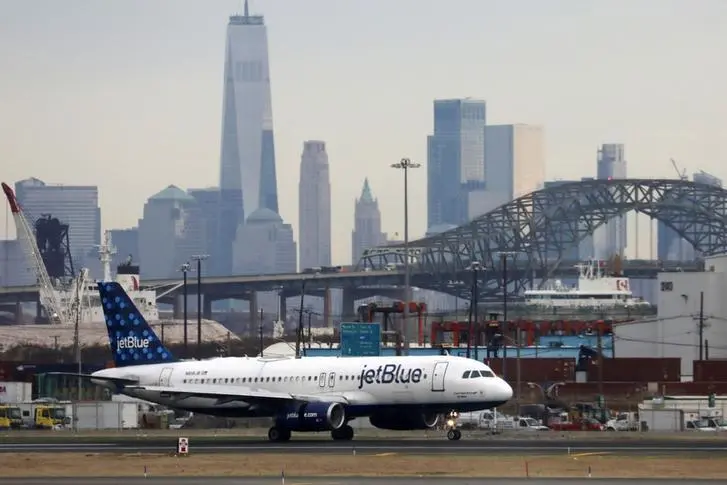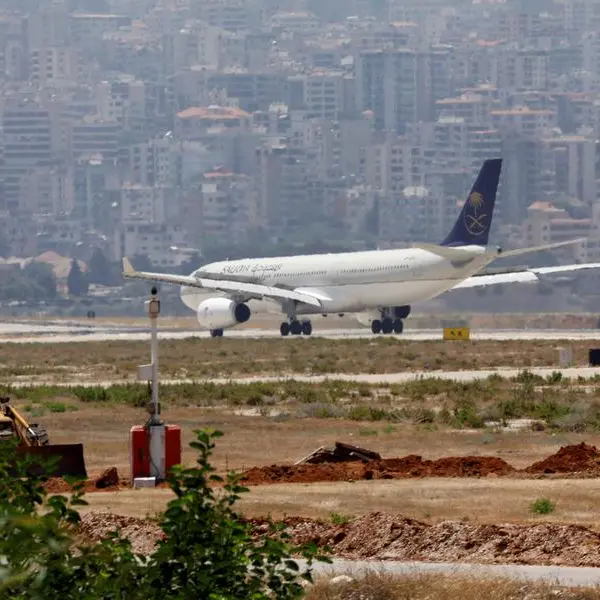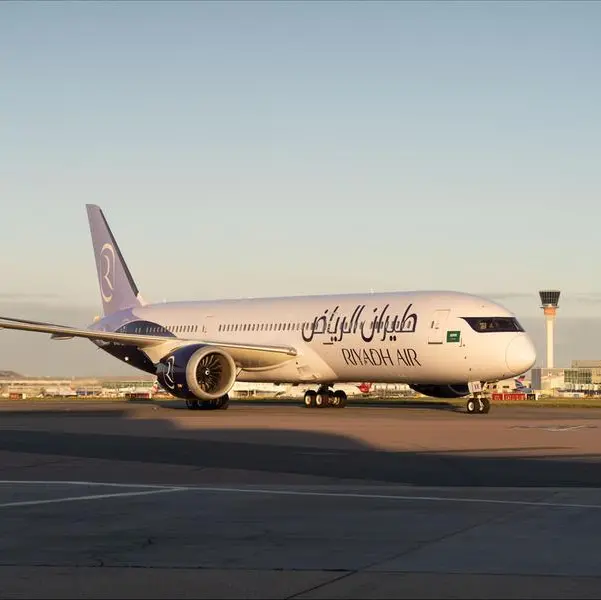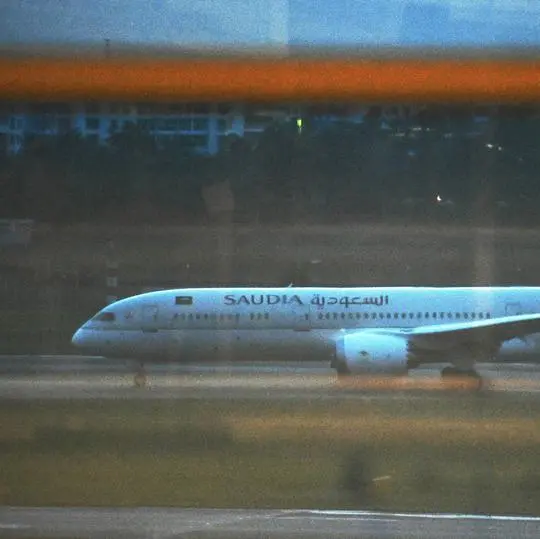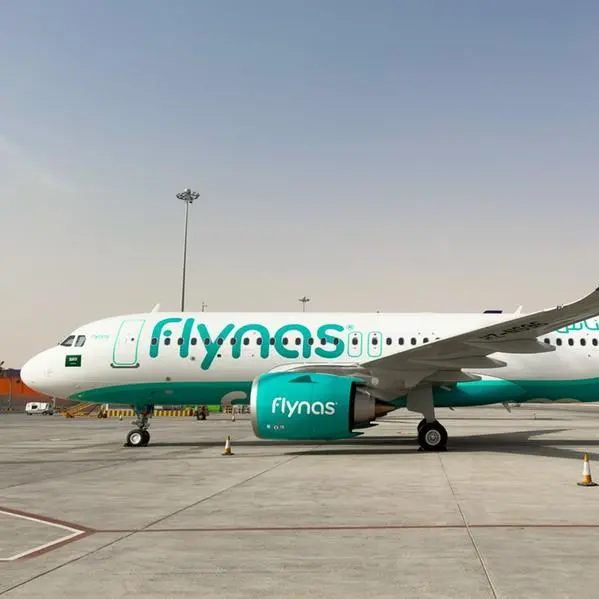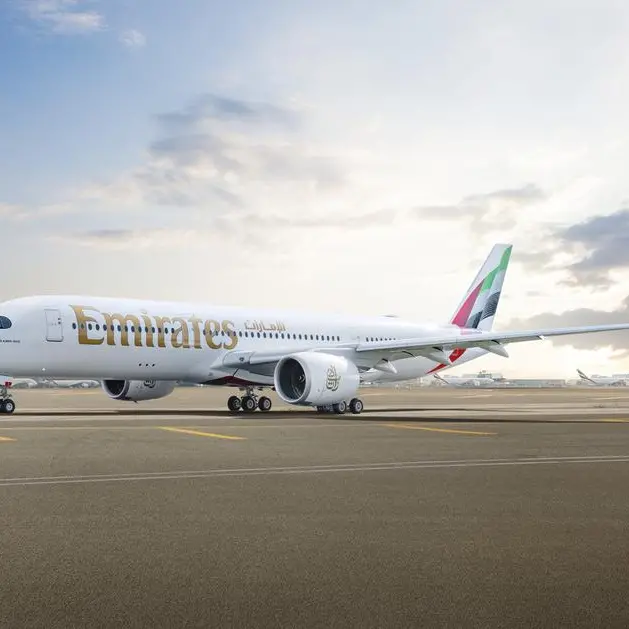PHOTO
WASHINGTON - The U.S. Transportation Department on Friday denied an exemption request by JetBlue and Spirit to operate under common ownership, citing the Justice Department's antitrust lawsuit filed this month seeking to block the deal.
JetBlue's planned $3.8 billion acquisition of ultra-low cost carrier Spirit was announced last July. They then filed an exemption application asking the Transportation Department to permit them to operate under common ownership prior to a requested transfer application that seeks approval to combine and operate international routes under one certificate.
The Justice Department on March 7 challenged the deal, saying it would eliminate competition, lead to higher ticket prices, reduce passenger capacity and shrink consumer choices.
The Transportation Department said it rejected the exemption request in light of President Joe Biden's executive order that it "coordinate competition efforts, DOJ's (Justice Department) conclusion that the proposed merger would have anti-competitive effects, and the pendency of the federal lawsuit challenging the legality of the transaction."
JetBlue said in a statement it believes a court "will recognize the pro-competitive merits of this combination, which will create a national low-fare challenger to the dominant Big Four airlines."
The Transportation Department decision on the exemption "does not change that belief or our confidence that we will close the transaction, within our expected timeframe, following completion of the court case," JetBlue added.
The Transportation Department said it found the exemption request was premature given the ongoing lawsuit. A federal judge this week set an Oct. 16 trial in the lawsuit.
The Justice Department, which sued alongside the states of Massachusetts and New York as well as the District of Columbia, concluded that the deal was "presumptively illegal" and that JetBlue planned to remove 10% to 15% of seats from every Spirit plane.
JetBlue CEO Robin Hayes has denied that the merger would reduce capacity.
"This argument that we'll take seats out and fares are going to go up - we're going to put capacity back," Hayes said in an interview this month, by doing things such as using larger planes on existing routes and by flying planes more often.
"It's good for consumers," Hayes added said. "It'll shake up the airline industry, and so it should be approved on an expedited basis."
The case is separate from a still-pending antitrust lawsuit the Justice Department also filed in Boston that seeks to force American Airlines and JetBlue to scrap their U.S. Northeast partnership because it would mean higher prices for consumers.
(Reporting by David Shepardson; editing by Jonathan Oatis)
